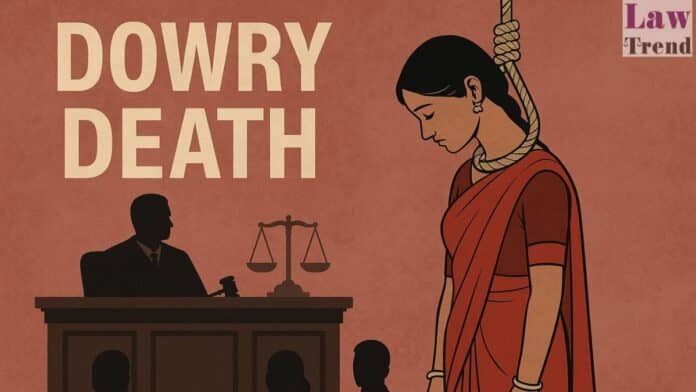The Delhi High Court has granted regular bail to a husband accused in a dowry death case, observing that the absence of medically corroborated injuries and the lack of specific, time-linked allegations of dowry demands cast a “prima facie doubt” on the necessary live link between the alleged cruelty and the death. The Bench of
To Read More Please Subscribe to VIP Membership for Unlimited Access to All the Articles, Download Available Copies of Judgments/Order, Acess to Central/State Bare Acts, Advertisement Free Content, Access to More than 4000 Legal Drafts( Readymade Editable Formats of Suits, Petitions, Writs, Legal Notices, Divorce Petitions, 138 Notices, Bail Applications etc.) in Hindi and English.




